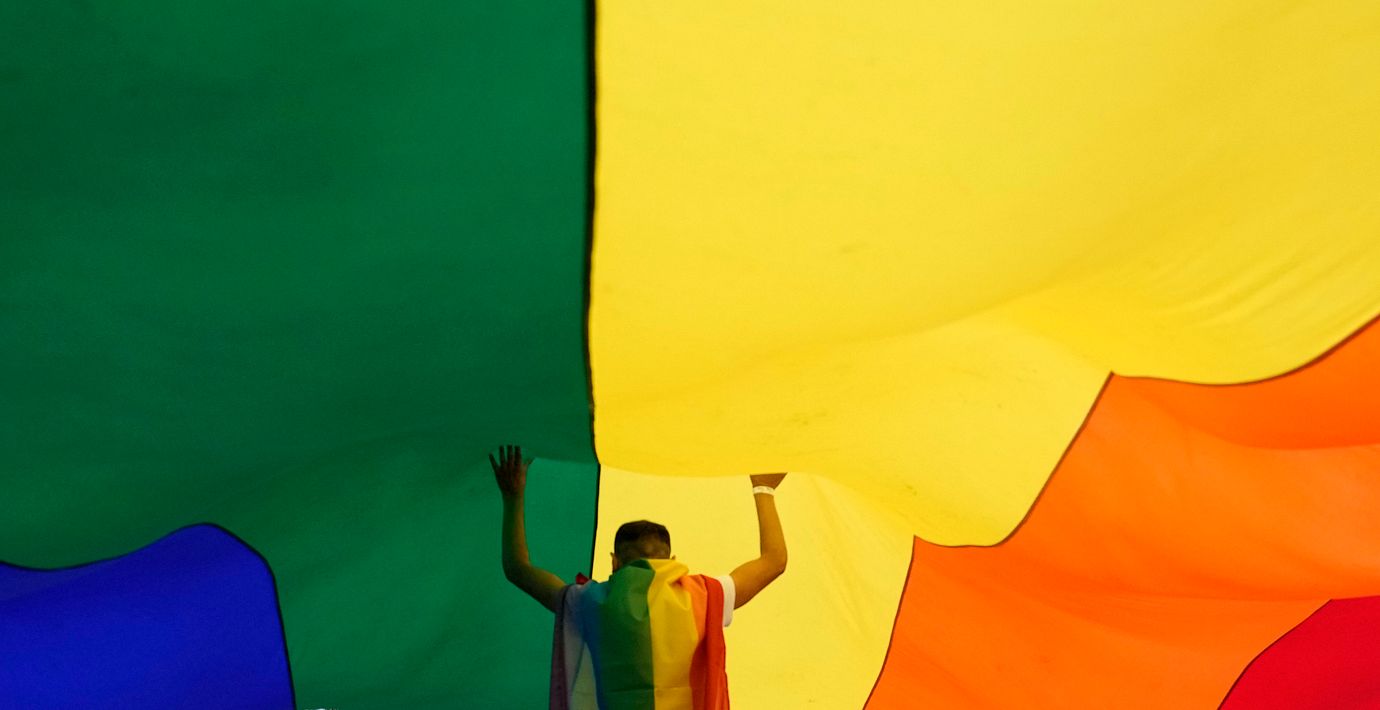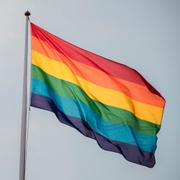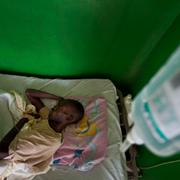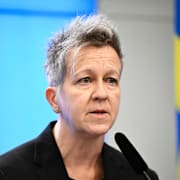
Massgripanden av hbtq-personer i Nigeria
Nigerias rättsväsende använder landets lagar mot samkönade äktenskap för att slå till mot hbtq-personer, uppger människorättsgrupper enligt AP. Den senaste tiden har flera massgripanden gjorts.
I måndags greps fler än 70 unga människor av en paramilitär styrka, anklagade för att ha firat ”homosexuella födelsedagar” med målet att genomföra en samkönad vigsel. I augusti greps över 60 personer i ett liknande fall.
Enligt Amnesty International i Nigeria gjordes gripandena utan tillräckliga utredningar och visar på en ”uppåtgående trend av häxjakt och vedervärdiga brott mot mänskliga rättigheter”.
bakgrund
Hbtq-rättigheter i Nigeria
Wikipedia (en)
Lesbian, gay, bisexual, and transgender (LGBT) people in Nigeria face severe challenges not experienced by non-LGBT residents. LGBT rights are generally infringed upon; homosexuality is illegal in Nigeria and punishable by up to 14 years of prison in the conventional court system. There is no legal protection for LGBT rights in Nigeria—a largely conservative country of more than 225 million people, split between a mainly Muslim north and a largely Christian south. Very few LGBT persons are open about their sexual orientation, as violence against them is frequent. Many LGBTQ Nigerians are fleeing to countries with progressive law to seek protection.Same sex sexual relationships are illegal in Nigeria. The maximum punishment in the 12 northern states that have adopted Shari'a law is death by stoning. That law applies to all Muslims and to those who have voluntarily consented to application of the Shari'a courts. In southern Nigeria and under the secular criminal laws of northern Nigeria, the maximum punishment for same-sex sexual activity is 14 years' imprisonment. The Same-Sex Marriage Prohibition Act criminalises all forms of same-sex unions and same-sex marriage throughout the country.
According to the 2007 Pew Global Attitudes Project, 97% of Nigerian residents believe that homosexuality is a way of life that society should not accept, which was the second-highest rate of non-acceptance in the 45 countries surveyed. In 2015, a survey by an organisation founded by a Nigerian homosexual activist based in London claimed this percentage decreased to 94%. In this survey by Bisi Alimi, as of the same period the percentage of Nigerians who agree LGBT persons should receive education, healthcare, and housing is 30%. The level of disapproval declined slightly to 91% in another Pew Research Center poll in 2019.
Omni är politiskt obundna och oberoende. Vi strävar efter att ge fler perspektiv på nyheterna. Har du frågor eller synpunkter kring vår rapportering? Kontakta redaktionen



